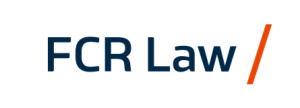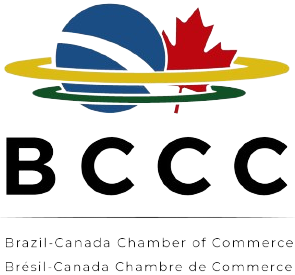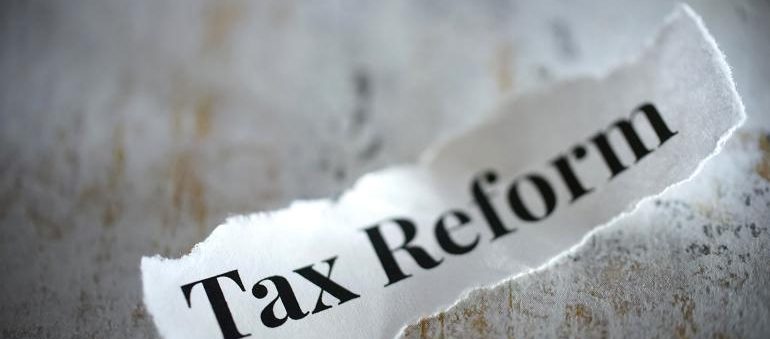The Government issues a bill of law that would unify the two federal contributions due on sales and imports (PIS/COFINS) into a new Contribution on Goods and Services (CBS)
It is well known of the need for Brazil to reform and update its current complex and costly tax system and the current Covid-19 crisis has expressively increased such need. The country is recognized locally and internationally has having one of the most
complex tax systems in the world and requires important number of hours each year to comply with all its ancillary obligations (which is estimated as nearly 1500 hours/year) as compared to many other countries.
Doing business in Brazil currently requires local companies to have to deal with different taxes levied by municipal, state, and federal authorities and due on different types of transactions. To name just a few, sales of goods and services in Brazil are generally subject to federal excise tax (IPI), state VAT (ICMS), municipal service tax (ISS), in addition to the two federal contributions PIS/COFINS calculated on sales revenue. Each of these taxes are subject to distinct legislation defining complex rules about its calculation basis, the possibility to claim credits or not, different applicable rates based on the type of products, services and destination of the goods or services in the country.
During the past few months, both the Senate and the Chamber of Deputies have been discussing two distinct projects to reform the Brazilian tax system through the Proposed Amendment to the Constitution (PEC) no. 110 and 45, respectively. While these two projects are different, they both have the main objectives to unify the main municipal, state and federal taxes due on goods and services into one federal VAT, called Tax on Goods and Services (IBS), to simplify the current system, reduce cost of compliance and litigation. The projects require the approval of the Chamber of Deputies and the Senate in two rounds (constitutional amendment) but there might be some difficulty in reaching the support from Municipalities, States and the Union, yet State governments have already stated that they support a broader proposal.
Based on such, the Government has taken the decision to present a much less ambitious bill of law (PL 3887/2020), which will be discussed in the Chamber of Deputies and the Senate in parallel to the PECs 45 and 110. The strategy is to invest in infra-constitutional tax reform to simplify the current system, which would have fewer legislative steps for its implementation, as well as a reduced quorum for approval.
The project requires the approval of the Chamber of Deputies and the Senate in two rounds (constitutional amendment) but there might be some difficulty in reaching the support from Municipalities, States and the Union, yet State governments have
already stated that they support a broader proposal.
In summary, the PL 3887 proposes to unify the federal contributions due on gross revenue and imports (PIS/COFINS) through the creation of a non-cumulative contribution (VAT) levied on the sales of goods and services and also on import transactions (CBS). This new VAT system would allow companies to register CBS credits on mostly all purchases of goods and services that could be offset against the CBS due on the company’s sales of goods and services.
Please find below a summary of the main provisions and rules set forth in the PL 3887:
✓ The CBS will be due on the sales of goods and services at the general rate of 12%. The PL includes very few exceptions of products or services that would not be subject to the CBS, the main ones being few basic products (food) and services to the public health system.
✓ Financial institutions and insurance companies will be subject to the CBS at the rate of 5,8%, yet with no right to claim CBS credits on purchases of input.
✓ The calculation basis of the CBS would be the revenue from the sales of goods and services less other taxes due on such sales (generally the State VAT (ICMS) and the Municipal Service Tax (ISS) and unconditional discounts).
✓ The importation of goods and services would also be subject to the CBS at the rate of 12%.
✓ It should be mentioned that the PL set forth that the import of services subject to the CBS also includes the assignment and licensing of rights, including intangibles (such transactions are currently not subject to the PIS/COFINS –Import).
✓ Export transactions with goods and services will remain exempt from the CBS.
✓ Companies would be allowed to register credits for the CBS paid on purchases of goods and services. The registered credits could be used to offset the CBS due on the company’s sales of goods and services.
✓ Excess credits could be carried-forward for subsequent periods but limited to 5 years and could also be used to offset other federal taxes due by the company or subject to a refund.
✓ It is also important to mention that digital platforms would be responsible for the payment of the CBS levied on the transaction carried out through the platform when they act as intermediary and when the seller does not register
the transaction by issuing an electronic tax document.
✓ Likewise, non-resident digital platforms operating locally would be required to register in Brazil and responsible to collect the CBS when the importer is an individual.
✓ The PL also set forth specific rules to maintain the existing system for small companies (SIMPLES), transactions with specific products and transactions in the Manaus Free Trade Zone.
✓ Lastly, the PL also includes specific rules for the transition period, such as the possibility to use accumulated PIS/COFINS credits against the new CBS.
While the current bill of law brings good intention to transform the current tax system for sales of goods and services into a more “real” VAT system, it is still limited as it does not encompass the other taxes due on such transactions (such as the federal excise tax (IPI) and the State VAT and Municipal Service Tax (ICMS & ISS).
The bill is also criticized for increasing the tax burden for some sectors, such as for service providers that would have limited possibility to register CBS credits and for having set the CBS at a rate of 12%, which is considered higher that what would be necessary to maintain the actual collection of the PIS/COFINS.
As the bill of law still needs to be reviewed and discussed at the Chamber of Deputies and Senate, it is more likely that it will suffer changes prior of being approved (if approved). As previously mentioned, the discussions about the PEC s 45 and 110 will also continue in parallel.
Lastly, the Government has already mentioned that other bills of law will be shortly presented to cover the missing items of the current bill of law, such as:
✓ Reform of the Federal Excise Tax (IPI) by creating a selective tax;
✓ Reform of the Corporate & Individual Income Tax – which would comprise a decrease of the actual rates and taxing distribution of dividends;
✓ Reform of the taxes on payroll (reduction) and creation of a new tax on digital transactions.
FCR Law will closely continue monitoring any progress about the discussions in connection with the tax reform and further alerts will be published on the matter.
For any additional information, please do not hesitate to contact us.
Eduardo Fleury
fleury@fcrlaw.com.br
Philippe Jeffrey
philippe.jeffrey@fcrlaw.com.br


